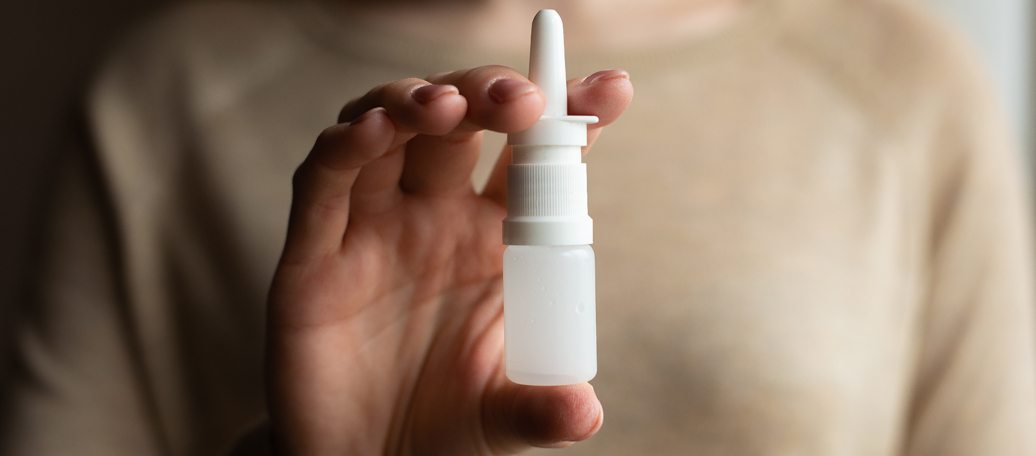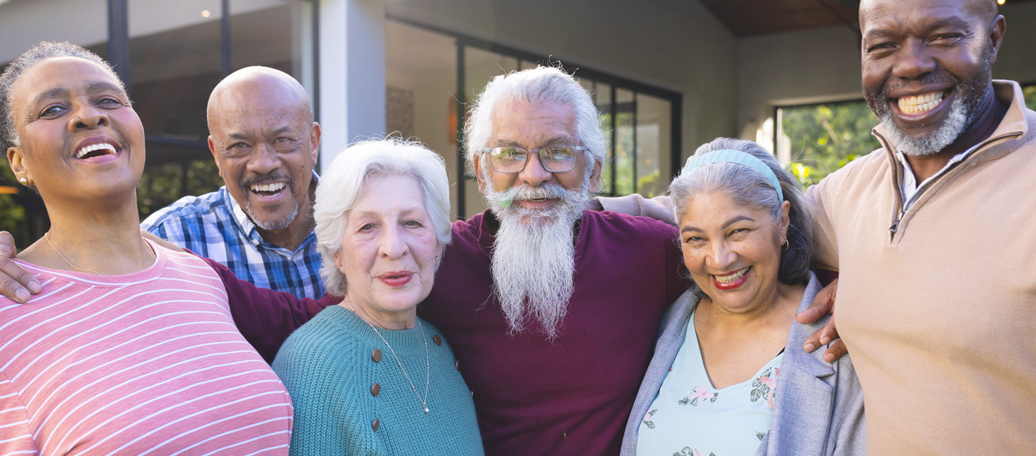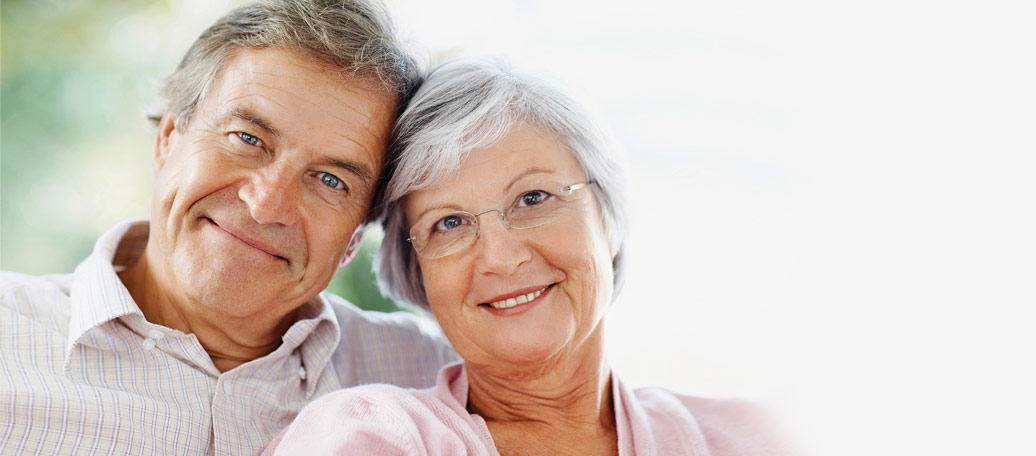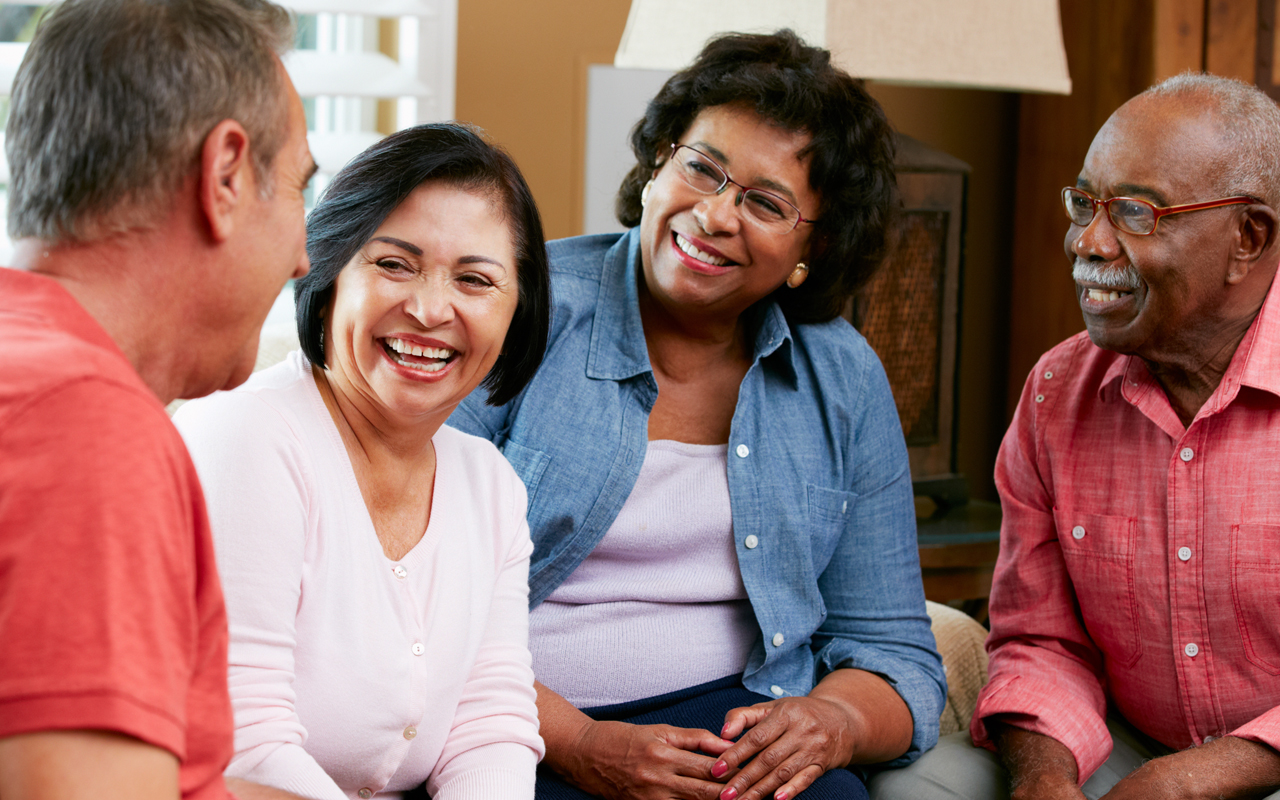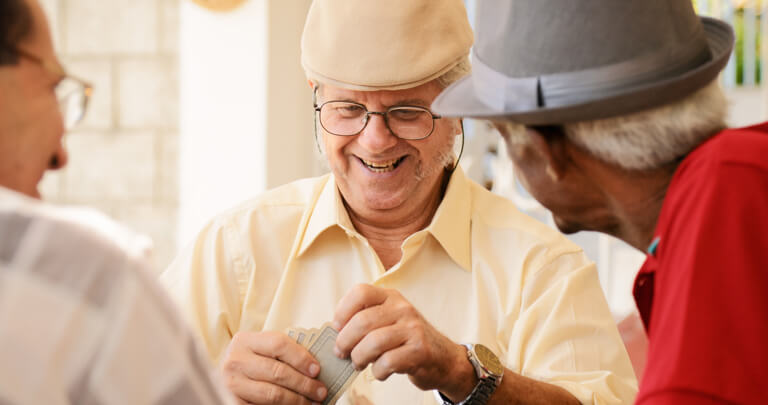
The prospect of adding new friendships can bring a lot of joy to some folks but to others in post retirement, making new friends can be challenging. Especially if you’ve moved closer to your adult children and grandchildren. While happy about having more support from your family, leaving a circle of lifelong friends can be lonely.
Let’s face it, our closest friends know everything about us, our secrets, our stories, our families so we don’t have to tell our backstory each time we meet. This “short-hand” conversation style takes a while to create and it can be overwhelming to start all over again in a new place.
Most of us haven’t made new friends since we were in school, but research studies have repeatedly shown that having an active social life is essential to older adults’ physical and mental health.
If you or someone you know is reluctant to socialize, encourage them to start small and take their time. After all, a person’s best friend doesn’t become one overnight! Here are some helpful tips for making new friends:
1. Join in.
Take the pressure off one-on-one conversations and join a group, club, or activities where you can find others who share your interests. Religious congregations, exercise classes or your communities’ activities calendar is a great place to start.
2. Manage expectations for new friendships.
Making quality friendships takes time, so try to be patient. Show genuine interest but then give a new friendship the time and space to develop naturally.
3. Dine with a variety of people.
Meal times at a senior living community are the hub of social engagement. If it feels intimidating to walk in alone, locate a staff member who can help you locate new folks to dine with each day.
4. Keep an open mind.
Many folks are surprised by the new life they find in a senior living community. Be open to making friends with people you meet, even those who might not seem like someone you would mix with. Community life inherently offers a common ground that can be the basis for a potential friendship. Say “hi” in the hallways, greet new residents when they move in and spend some time in the common areas.
5. Make friends with the staff.
A senior living community at its best is a family. While staff members must maintain professional boundaries, these intergenerational friendships benefit everyone. Generally, the staff know everyone in the community and can help introduce you to other residents.
6. To have a friend, you have to be a friend.
Put the other person first and be a good listener, ask lots of questions, and get to know the other person. Think about how you can be helpful to the other person, and show up for them when they need you.
